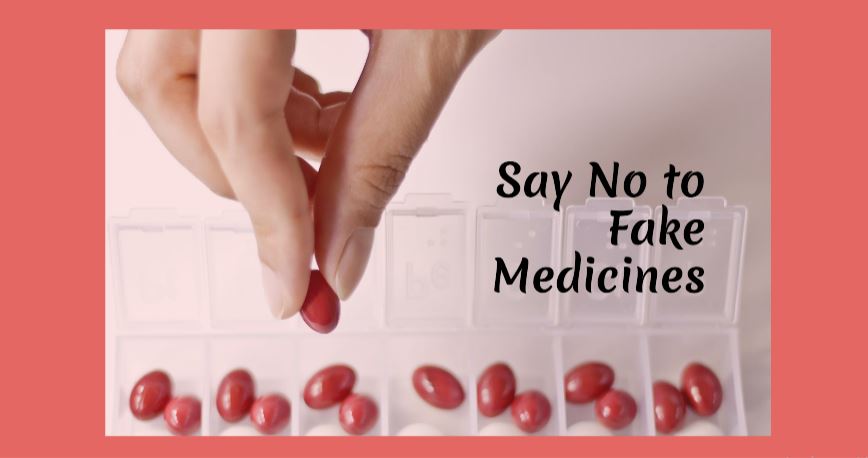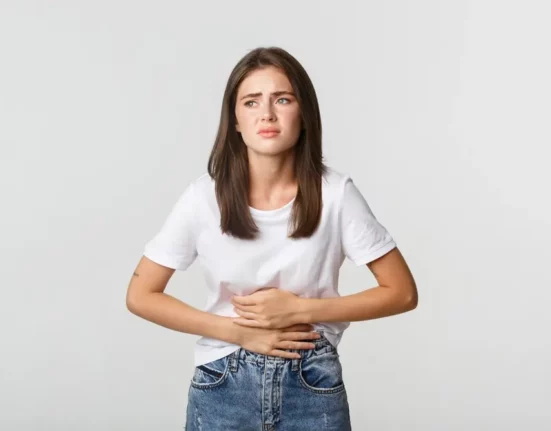Identifying fake medicines is crucial to ensure your health and safety. It’s crucial to exercise caution when purchasing medicines as counterfeit drugs pose significant health risks. Fake medicines often lack proper quality control, potentially containing incorrect ingredients or incorrect dosages.
Consuming such products can lead to adverse effects, treatment failure, or even serious harm. By being vigilant and verifying the authenticity of medicines, individuals can protect themselves from the dangers associated with counterfeit drugs, ensuring their well-being and the effectiveness of the prescribed treatment.
Check Packaging
Checking the packaging is a fundamental step in identifying fake medicines. Genuine medications typically feature well-designed, sealed packaging with holograms and tamper-evident seals. Examine the packaging for any signs of damage or alteration. Authentic products consistently maintain a high standard of presentation, including clear labelling and information.
If the packaging appears substandard, lacks security features, or shows signs of tampering, it raises suspicions about the authenticity of the medicine, prompting further investigation and caution in its usage.
Verify the Manufacturer
Verifying the manufacturer of HPMC and Vegetable Capsules is crucial in identifying fake medicines. Cross-check the provided manufacturer information with reputable sources, such as official websites. Legitimate pharmaceutical companies maintain transparent records, and discrepancies may indicate counterfeit products.
Ensure the information matches and be wary of unknown or untraceable manufacturers. This step helps guarantee the authenticity and safety of the medicine, ensuring it comes from a reputable and regulated source.
Check for Proper Labeling
Authentic drugs have clear, accurate labels with correct dosage instructions and an expiration date. Pay attention to spelling errors, unusual fonts, or missing information, as these may indicate counterfeit products.
A genuine medicine’s packaging should be professionally printed, and any deviations from standard labeling could suggest a potential fake. Always scrutinize labels for accuracy and completeness to ensure the medicine’s authenticity and your safety.
Examine the Medicine’s Appearance
It advises consumers to compare the color, shape, size, and texture of the purchased medicine with authentic samples. Any noticeable discrepancies in these visual aspects may raise suspicion about the medicine’s authenticity.
Unusual variations in physical characteristics could indicate a counterfeit product, prompting individuals to exercise caution and seek further verification before consuming the medication.
Verify the Batch Number and Expiry Date
Verifying the batch number and expiry date is crucial to identify fake medicines. Check that the information on the medicine’s packaging aligns with the details on the box. Using expired medications can be ineffective or harmful.
Counterfeit drugs may display inaccurate or mismatched batch numbers and expiration dates, so ensuring consistency in this information is a key step in confirming the authenticity and safety of the medicine.
Consult Healthcare Professionals
Consulting healthcare professionals is crucial when identifying fake medicines. Pharmacists and healthcare providers possess the expertise to assess the authenticity of a medicine. If in doubt, seek their guidance to ensure the legitimacy of the product.
They can verify details, offer insights on packaging, and provide advice on the correct usage. This step adds an extra layer of assurance, promoting your health and safety in the face of potential counterfeit drugs.
Purchase from Reputable Sources
Buy Hard Gelatin Capsules only from licensed pharmacies, healthcare providers, or reputable online sources. Avoid purchasing medicines from unverified online platforms or street vendors. It strongly discourages buying from unverified sources, including street vendors, to minimize the risk of acquiring counterfeit or substandard drugs.
Ensuring that the source is reputable helps guarantee the authenticity and quality of the medicines, safeguarding your health and well-being.
Be Wary of Unbelievable Discounts
Extremely low prices or unbelievable discounts on medicines may indicate a counterfeit product. Such offers may indicate substandard or fake drugs that pose serious health risks. Authentic medications come at reasonable prices, and significantly discounted options often lack regulatory approval or quality assurance.
Prioritize purchasing from reputable sources to avoid potential harm and ensure the effectiveness of the medicine. If a deal seems too good to be true, it’s crucial to exercise scepticism and prioritize your well-being.
Check for Regulatory Approvals
Verify that the medicine has been approved by relevant health authorities. Check for a registration number or other regulatory markings. Genuine medications undergo scrutiny and approval from health authorities. Look for a registration number or other regulatory markings on the packaging to ensure compliance with safety and quality standards.
Verifying these approvals helps safeguard against counterfeit drugs, ensuring that the medicine has met the necessary regulatory requirements for distribution and use, enhancing your confidence in its legitimacy and effectiveness.
Report Suspicious Products
If you suspect you have encountered a counterfeit drug, reporting it helps safeguard public health by enabling authorities to investigate and take necessary actions. Your vigilance can contribute to the detection and prevention of the distribution of fake medicines.





